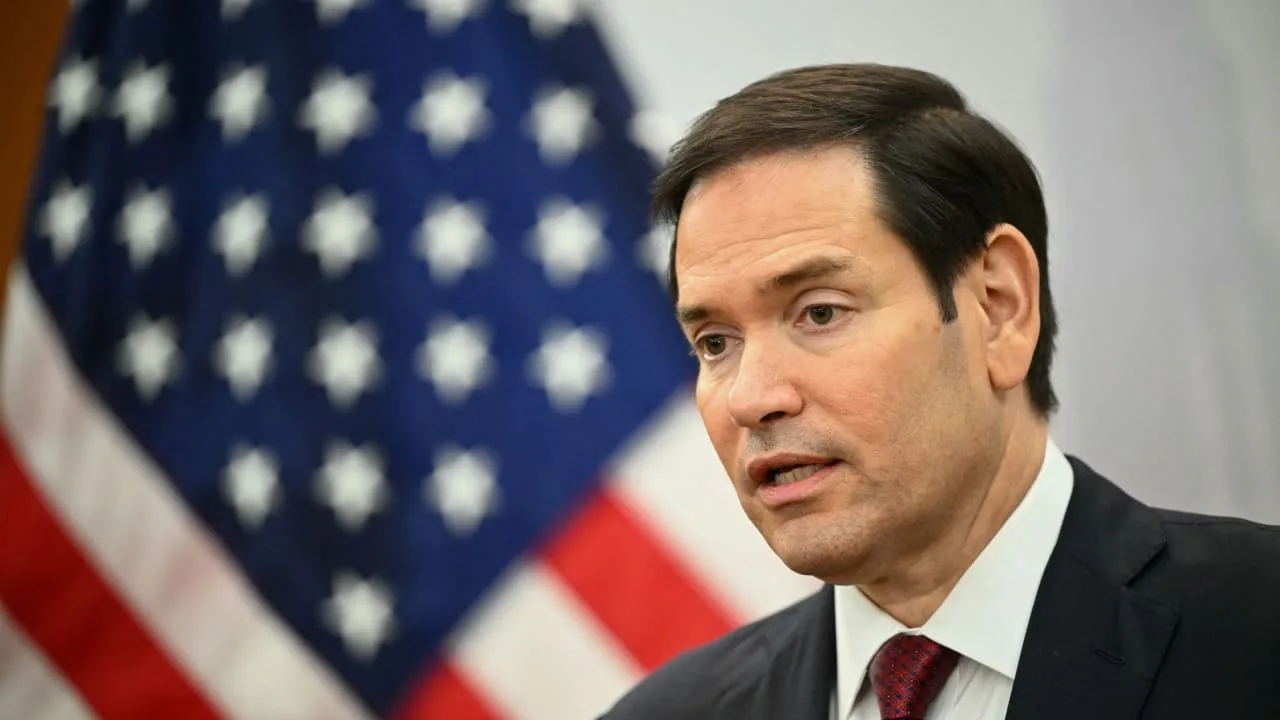In a statement that signals a significant shift in U.S. counterterrorism policy, Secretary of State Marco Rubio revealed on Tuesday that the United States is “in the process of designating the Muslim Brotherhood as a terrorist organization.” Speaking live on a New York radio program, Rubio cautioned that the effort is complex and ongoing, noting that “there are different branches of the Muslim Brotherhood, so you’d have to designate each one of them.” He described the initiative as requiring thorough investigations and legal scrutiny, warning that these designations “will be challenged in court.”
Rubio’s remarks come amid growing momentum in Washington for formally outlawing the Muslim Brotherhood. In June, Senator Ted Cruz introduced the Muslim Brotherhood Terrorist Designation Act of 2025, aiming to empower the U.S. Secretary of State to list Brotherhood-affiliated branches, in which some already proscribed by other nations, and potentially the broader organization itself. Supporters claim the measure would shield American national security by targeting groups that have historically backed extremist entities like Hamas.
However, the move is not without controversy. Critics including prominent civil liberties and foreign policy analysts, warn that such a sweeping terrorist designation risks undermining U.S. credibility and alienating moderate political movements. Historically, organizations like Human Rights Watch, the ACLU, and the Council on American–Islamic Relations have voiced deep concerns that such labeling could harm American Muslim civil society and suppress legitimate political and social engagement. Critics argue that blanket designations could prove counterproductive, reinforcing extremist narratives and hampering diplomacy.
Internationally, the Muslim Brotherhood is already banned or restricted by several countries, including Egypt, Saudi Arabia, the UAE, Russia, and Jordan. Still, the U.S. designation, given its legal reach and diplomatic influence would set a new benchmark and potentially trigger similar actions by allied nations or impact international perceptions. Experts caution that such a designation may strain relations with U.S. allies where Brotherhood-linked political parties participate in governance, such as in Morocco or Tunisia.





